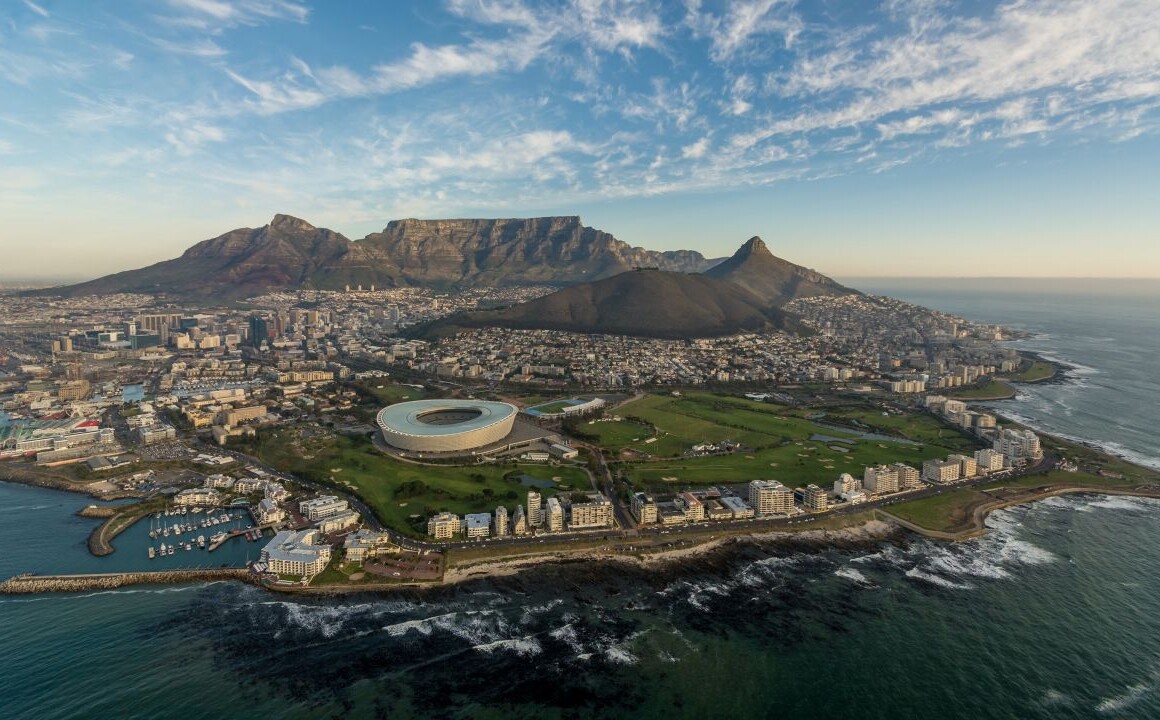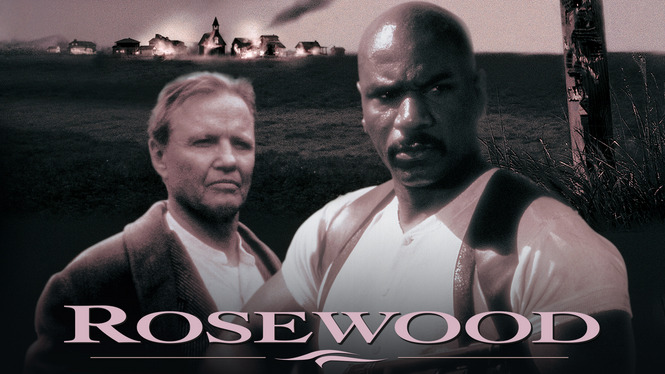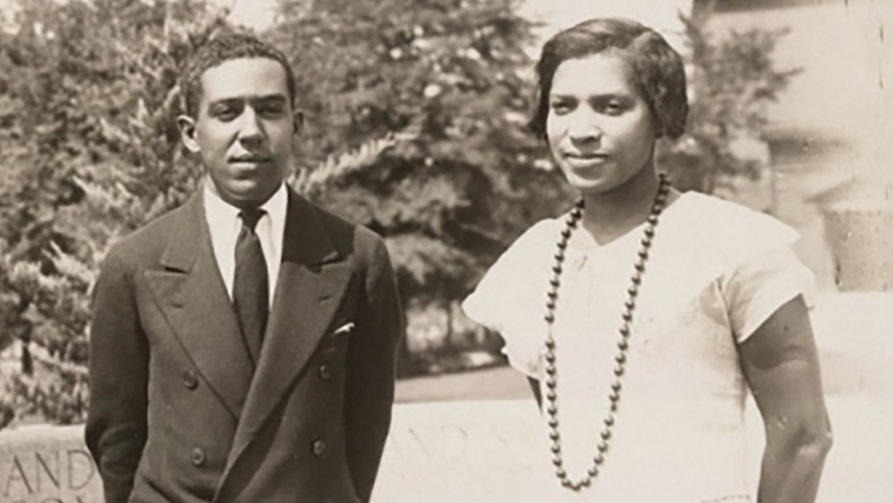The Role of Politics in the Course of African Economic Development
It has long been our belief that one cannot separate politics from economics especially in regards to Africa. One cannot take into account the economic situation without taking into account the leader of the country who makes the decisions regarding the economy. In most African nations the leaders vis-a-vis the centralized state have taken an active role in their country’s economy. In fact, they are one of the primary reasons Africa has not developed. The types of governments the leaders represent and the ideological political strategies thereof has greatly affected the way African nations have shaped there economies and pursued development. Here we will discuss issues central to the understanding of the political economy of Africa: the role of the central government, the personalization of political power, the growth of the bureaucracy , patronage and the underlying question of state legitimacy in Africa.
Generally there were four types of political ideologies that enveloped at the onset of independence, Populism- African Socialism, Nationalism, Marxist-Leninism, and Capitalism, and these strategies had a lot of influence on the shaping of the post independent African economy. Nationalist regimes were concerned with consolidating the nations identity. They sought to maximize control over assets and sectors of the economy. Instead of the state taking over industry, nationalist regimes were concerned with the Africanization of private industry. The state was used as a catalyst to encourage foreign interest to sell to private indigenous interest. The government sought to control or restrain foreign investors and markets. Populism or African Socialism developed out a response to capitalism most African nations that wanted to distance themselves from capitalism at least in rhetoric, because they had been the victims of imperialism/capitalism. The main idea of populism best articulated by Kwame Nkrumah was self-reliance: reducing dependence on the world market, integration of markets, reduction of external dependency. Marxist-Leninist philosophy in Africa came out of the revolutionary movements in the Portuguese colonies of the mid-1970’s. The proponents believed in greater state intervention in the economy than the populist. They believed in a command economy in the Soviet form, with state planning as a key. They stressed state administered farms and agriculture collectivism. The Capitalist countries such as Kenya encouraged foreign investment, entrepreneurship, and actively participates in the world market.
However, the day after independence, most African nations regardless of ideological belief sought to centralize state power. This varied in degree because of ideological belief but this was a common trait throughout Africa. African heads of state regardless of ideology generally sought to consolidate political power, build institutions of public administration, and state security military apparatus. The people had high expectations following independence, they expected prosperity to soon follow. Only the government could respond to the pressing needs of the people.
By consolidating political power, African leaders gave themselves and there party vast amounts of power and as a consequence personalizing power. The personalization of power is unique to Africa, the leaders are essentially the state and not the institutions. More often than not this rule leads to a great deal of corruption. In terms of the economy, who is to say what is public money and what is the private money of the leader. His leadership is based upon his ability to satisfy, sedate certain groups usually through patronage and other types of gifts. Some times that group is the military as in Zaire in fact, most African nations allocate huge sums of funds to the military not enough on infrastructure and basic needs of the people.
The state bureaucracy grew dramatically in post colonial Africa due to the pressing the demands imposed on the state. The state was forced to respond to the needs of the people with an ill equipped bureaucracy incapable of performing the difficult duties necessary for the daily administration of government. This greatly affects the ability to maintain a stable economy.
Also, depending on the philosophy of the state most African nations nationalized many of the industry’s left by the colonial powers such as electricity and telecommunications Nkrumah did this in Ghana. This also led to the growth of bureaucracy and with the growth of bureaucracy came the growth of patronage and corruption. The ability to do another a favor whether that is getting them a job, government contract, or embezzle public funds, patron-client relations is the norm and not the exception in post-colonial Africa.
Finally, a states ability to effectively run its economy lies in its legitimacy to the people this is the underlying political-economic theme that hovers around African politics. The very legitimacy of its borders, leaders and institutions of government must be taken into question in understanding what is going on in African politics and how it relates to the economy. The states of Africa are fake, artificially drawn, this continues to pose a major problem in the governance and the economy of many African nations. How can one build a state on such a foundation? A great deal of political strife and wars have resulted over fights over these artificially drawn lines. This problem has largely been ignored and must be dealt with, it is crucial. Redraw the map. Continental unity is almost impossible but a Union of West African States should be on the Organization of African Unity’s agenda.










